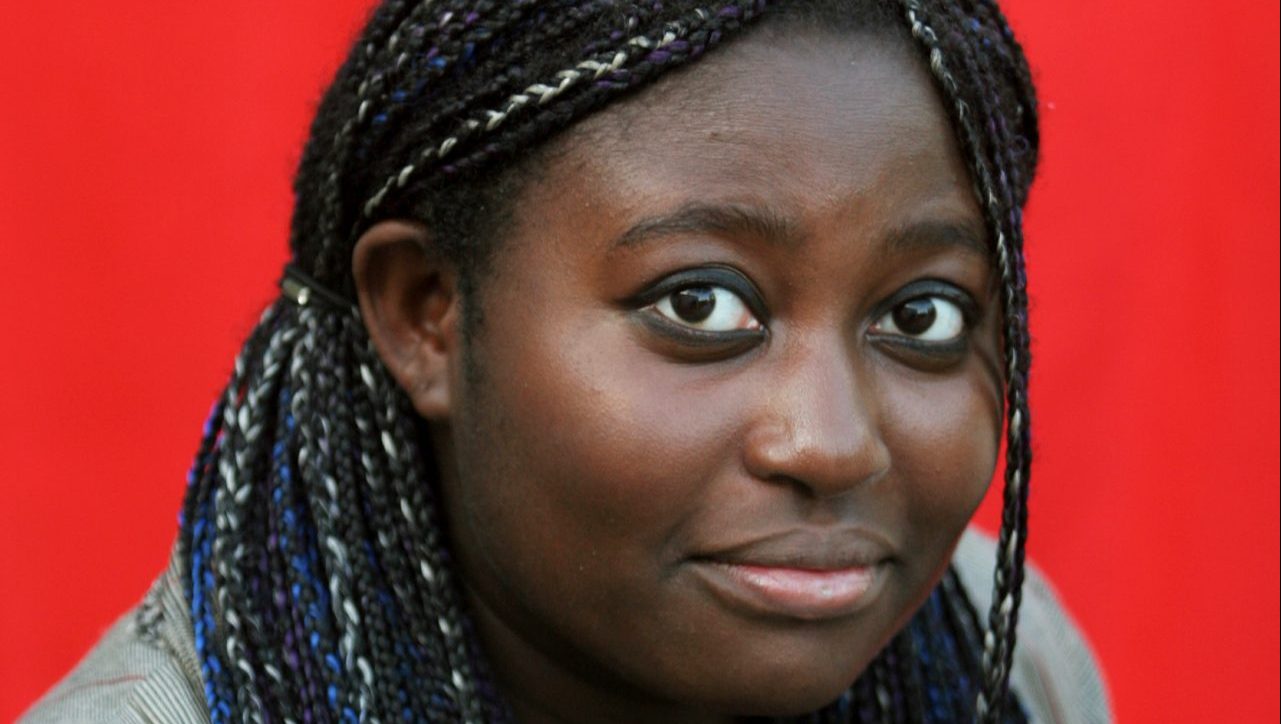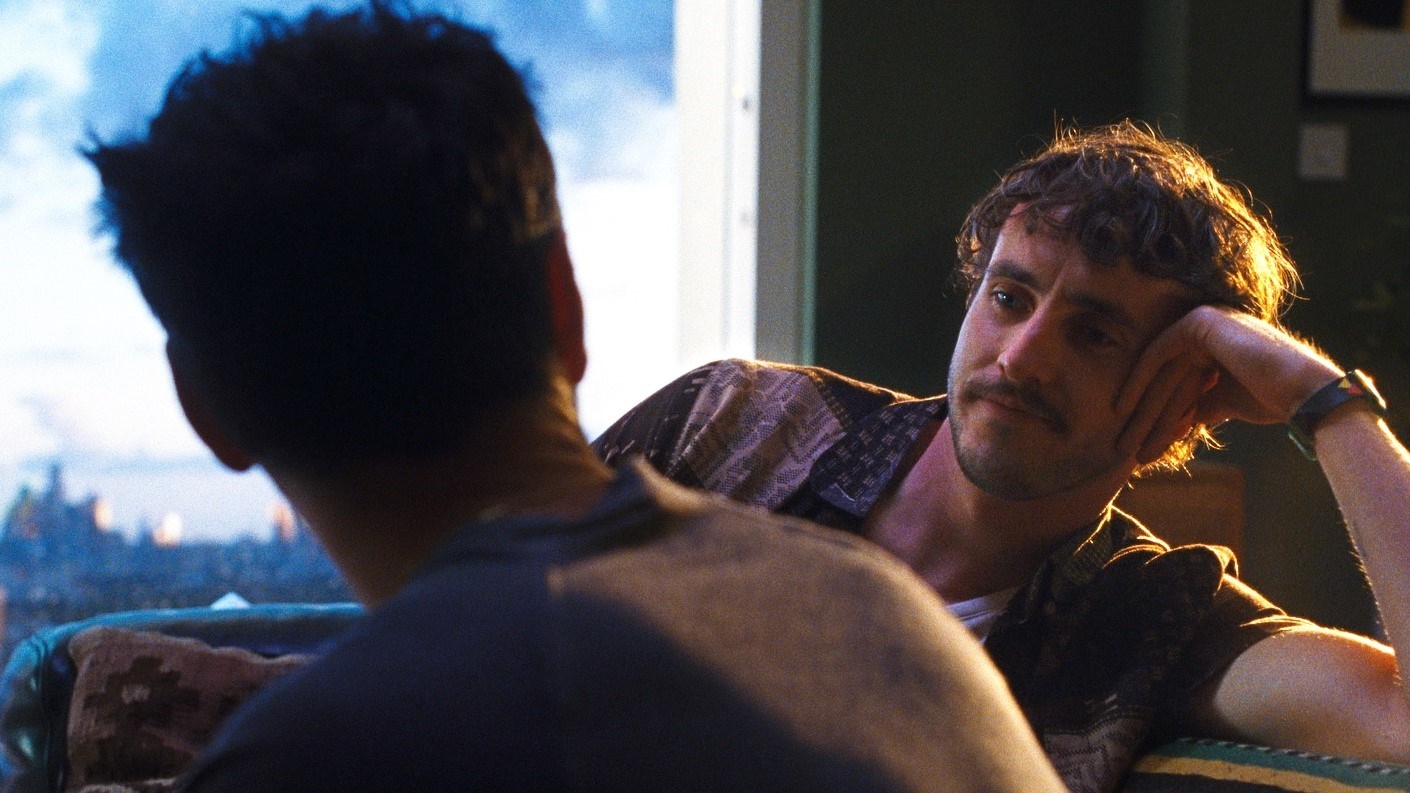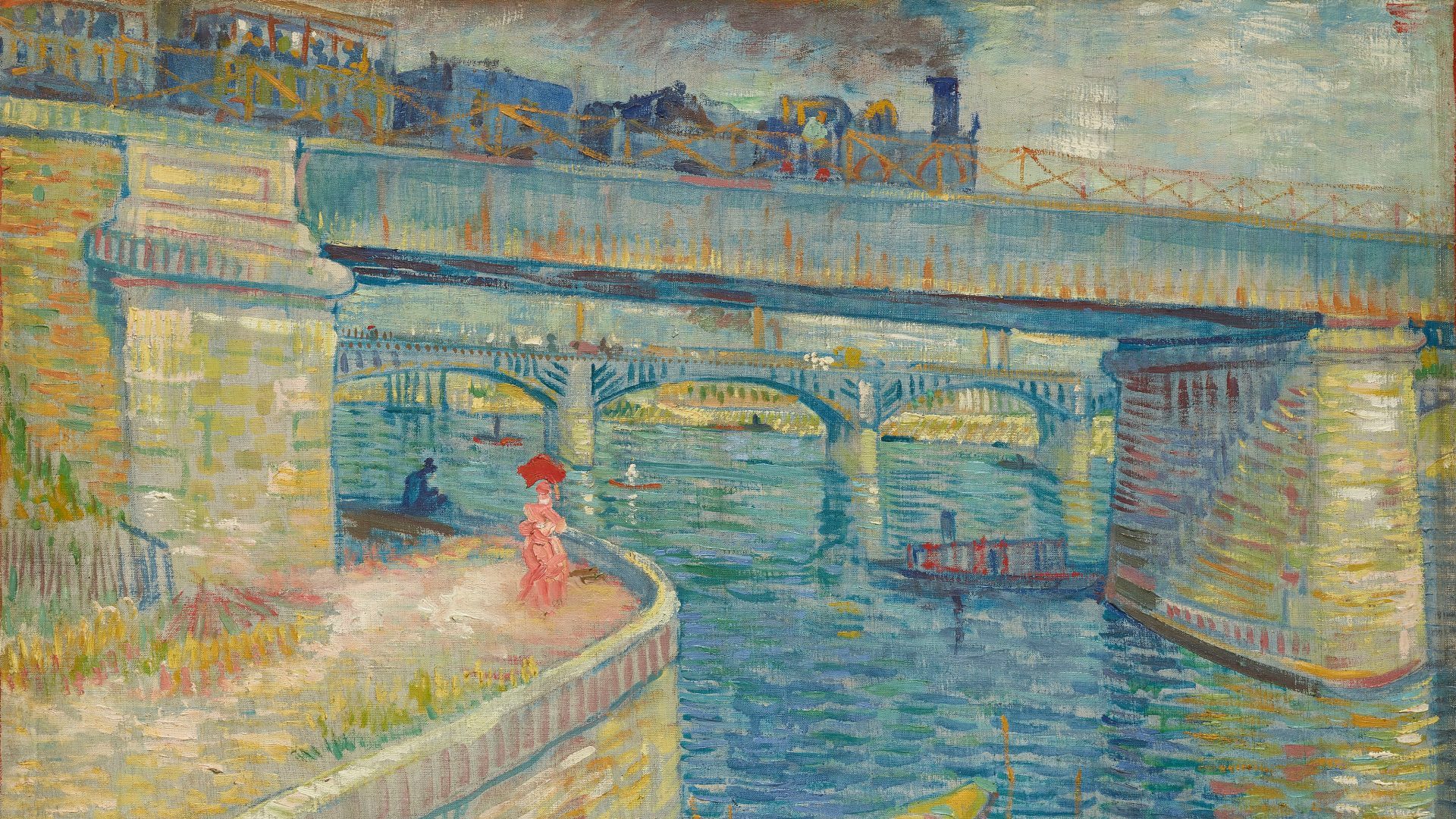It feels faintly gluttonous to start thinking about what literary delights lie ahead this year when we’re still caressing the covers of our Christmas books and deciding which to tackle next. But as the dark evenings begin to recede and a new year clanks awkwardly into its rhythm, what better time is there to whet the bookish appetite than these fledgling days of 2024?
So, snatch up your carpet bag and join me on this whistlestop European tour of literary highlights from the books coming at us later this year.
One of 2024’s major literary anniversaries is the centenary of the death of Franz Kafka in June. An ambitious and wide-ranging new biography by Karolina Watroba, Metamorphoses: In Search of Franz Kafka is due in May (Profile, £18.99), but perhaps more intriguing is A Cage Went in Search of a Bird (Abacus, £18.99), a collection of new stories inspired by Kafka from a stellar cast of authors including Charlie Kaufman, Helen Oyeyemi, Ali Smith and Elif Batuman.
From a future society in which AI servants are tasked with constructing a giant tower tall enough to reach God to a search for a flat that descends into a comically absurd bureaucratic quagmire, these stories promise to breathe new life into the overworked and widely misused term Kafkaesque. Out at the end of May.
Oyeyemi has a new novel of her own out next month, set in Kafka’s home city of Prague. Parasol Against the Axe (Faber, £16.99) promises to be a many-layered story capturing the essence of the Czech capital over the course of a weekend as Oyeyemi evokes the experience of arriving in a strange city, finding bearings, making connections and creating and hearing new stories.
March heralds the arrival of The Time of Cherries by Montserrat Roig (trans. Julia Sanches, Daunt Books, £10.99), in which Roig’s protagonist Natàlia Miralpeix returns to Barcelona in the spring of 1974 after more than a decade away. This absence enables her to sense the wind of change in the air, a different mindset among a younger generation on the cusp of an artistic flowering while their parents and grandparents still carry the trauma of the civil war and its aftermath. Rendered for the first time into English – and it is great to see translator Julia Sanches credited on the cover – this is a modern European classic from a writer described by no less than Colm Tóibín as “a shining light of Catalan literature”.
To Hungary next, and Roxanne de Bastion’s remarkable-sounding family memoir The Piano Player of Budapest: A True Story of Survival, Hope and Music (Robinson, £22), published in June. De Bastion, a singer songwriter, inherited on the death of her father the piano that has been in her family for more than a century. Soon afterwards she finds a tape of her grandfather, Stephen, playing one of his own compositions on the instrument, inspiring her to unravel the story of the piano and its connection to her family legacy, focusing in particular on the second world war and concentration camps in a heartrending but uplifting story of musical sleuthing.
Also in June comes Lauren Elkin’s debut novel Scaffolding (Chatto & Windus, £16.99). The author of a string of successful non-fiction books in which Paris often features heavily, Elkin’s first fictional venture is the story of one Parisian apartment and its occupants, nearly 50 years apart. In 2019 a psychoanalyst in the aftermath of a miscarriage renovates the kitchen while her husband is working abroad, while in 1972 a psychology student studying under Jacques Lacan and her partner are renovating the same kitchen while trying to start a family. A piercing analysis of relationships, motherhood, belonging and ghosts, there’s an excellent chance of Scaffolding cropping up when this year’s awards shortlists come around.
To 16th-century Florence next. Caitlin Schneiderhan is one of the writers on Stranger Things and her novel Medici Heist (Atom, £16.99) promises to be “an absolute swashbuckling riot”, at least according to its blurb. Expect an early mud pie in the face for Pope Leo X and an audacious heist involving secrets, civil unrest and murder to ensure the year 1517 will never feel the same again. Even for those of us too young to remember it. Out in August.
Later this month comes a new edition of The Long-Winded Lady, a collection of New Yorker pieces by the Dublin writer Maeve Brennan. Unjustly overlooked for decades, Brennan is one of the finest female writers Ireland ever produced, a singular, faintly melancholy figure who could write like a dream. These vignettes of New York life written between 1954 and 1981 are characteristically wry, witty and exquisite.
The book comes with an introduction by another Dublin writer, Sinéad Gleeson, who has long banged the drum for Brennan and other Irish female writers, notably in The Long Gaze Back, her selection of short stories by Irish women, and The Glass Shore, an equivalent collection by female writers from Northern Ireland.
Gleeson published Constellations, an extraordinary and often harrowing memoir of her own body, in 2019, but in April comes her long-awaited first novel Hagstone (Fourth Estate, £16.99). Set on a mysterious island, Hagstone brings together an artist and a reclusive commune of women in what promises to be a wonderfully immersive story of personal challenges, self-knowledge and creativity. The blurb suggests a treat for fans of Margaret Atwood and Sarah Moss, but I suspect readers coming to her work for the first time will simply become fans of Sinéad Gleeson.
Dublin feels like a good place to finish our bookish European tour, especially in the company of two of the city’s finest female writers. Indeed, looking back up the page it turns out every book I’ve recommended here is by a woman, or in the case of the Kafka story collection, made up mostly of women.
This gender bias is pure chance, not intention, but if my magpie-attracted-by-shiny-things rampage around the continent’s best writing of the coming year is anything to go by, 2024 looks a vintage year for female authors.




